The United States has declared that visa restrictions will be imposed on the members of political parties, law enforcement and former and current government officials who obstruct free and fair election in Bangladesh. Media persons to be included in this visa policy, United States also declared.
US ambassador of Dhaka, Mr. Peter D. Haas announced this statement in an interview with a Bangladesh based news Channel 24 on Sunday.
Bangladesh Editors council and Journalist leaders concern and tensed after this statement. On behalf of Editors council, the organization’s president and Daily Star editor Mahfuz Anam and General Secretary and Banik Barta editor Hanif Mahmud sent a letter to US ambassador to clarify US visa policy on media.
In the letter on September 27, Mahfuz Anam said he was writing because some questions have arisen in his mind and in the minds of members of the Editors’ Council regarding the aforementioned comment on visa restrictions on media. Anam wrote in his email, this remark has created confusion among us and hence our request for a clarification, according to UNB report.
US Ambassador Mr. Peter Haas clarifies remarks on visa restrictions amid Editors council concern. In a response US ambassador said that the US will continue to support the freedom of the press and also speak out against, and apply US visa policy to those who seek to undermine the democratic election process in Bangladesh. US Ambassador also added, ‘this includes anyone who takes measures to prevent the media from disseminating their views.’
The holding of free and fair elections is the responsibility of everyone — voters, political parties, the government, the security forces, civil society, and the media, ambassador mentioned referring to Secretary of the State Antony Blinken,
US Ambassador also said, ‘Equally as important each of these institutions must be allowed to play their respective roles in the democratic election process.’
Unsolved journalist couple murder case and media corruption
Though US diplomat clarifies the visa policy, Dhaka Journalist leaders consider this visa policy as a pressure of independent journalism. Justice for journalist association protest against US ambassador statement on Tuesday. The leaders said, ‘this statement is an unwanted interference on the media. It’s also a violation of the First Amendment of the United States constitution.’
Most of the Bangladeshi journalists and activists strongly protest against the Journalist leaders in social media. The activists claimed Journalist leaders never stand and protest for journalists’ rights. Even they also blame on the leaders activities in the most popular journalist couple Sagar-Runi murder trial. The case has not been resolved since 11 years.
Many sources approved that after the murder of journalist couple Sagar-Runi, some important information and evidence disappeared from their house. An article published in DW where claimed that it contained information against Sheikh Hasina government corruption. Also a book was written by Journalist Sagar Sarwar also disappeared after the murder. Sagar was supposed to publish a book on the mystery of the Chittagong Hill tracks agreement. His colleagues claimed that many secret information of the government could have been leaked.

Photo: collected
‘Now I will explode a mystery. Then everyone will know about me and what I can write.’ Before murder Sagar said to his colleague.
But no one investigates and talked about the disappeared evidence, even Bangladesh media never investigate on this topic claimed by a DW journalist.
The most research Journalist on this murder case was threatened by a powerful source and forced him to stop the investigation. After this incident the journalist was quite from his research.
Between January and September 2023, at least 216 journalists are being tortured and one journalist killed, according to Bangladesh human rights organization Ain o Salish Kendra (ASK) report. The activists’ claimed the journalist leaders never care about these incidents.
A journalist and activist of Bangladesh claimed in social media against journalist leaders corruption in a local journalist murder case. He claimed, four journalist leaders took at least 22 million to conceal the murder of Jamalpur journalist Nadeem. Two parliament members from Jamalpur are also keen to conceal.

An Article published in Bangladeshi newspaper Prothom Alo where a journalist and writer Mr. Kamal Ahmed explained regarding US visa policy and the controversy of press freedom. He presented two scenarios of current Bangladesh journalist situation. Firstly, within nine months at least 217 journalists harassed in the country and secondly, journalist leaders protest for press freedom against US visa policy.
He said that the US has imposed visa restrictions against those who will obstruct the free and fair election process in Bangladesh and their associates. I don’t think that a journalist have any other pressure than to maintain professional integrity. If the media or journalists will maintain their professionalism during election and publish news with objectivity then who can blame them to obstruct the free and fair election?
Mr. Kamal doesn’t see any risk of visa ban, if the journalists keep an eye on whether the incidents of mass disenfranchisement are happening like 2014 and 2018 election.
“The journalist leaders who called the visa policy against the freedom of the media, are they actually giving a wrong interpretation in an attempt to keep themselves free from the scope of the visa policy?”
Mr. Kamal doubt on the leaders who protest against US visa policy and claimed, ‘Pro-government journalist leaders mainly participated in the organization ‘Justice for Journalists’ to protest US pressure on the press in the name of visa policy.’
He said, ‘The sad truth is that many of those who are now calling the US visa policy an unwanted and unfair pressure on the media, we have seen in the recent past also demand action against the independent press for expressing opinions they don’t like. They did not hesitate to demand the trial of editors and journalists of popular newspapers for publishing critical statements of the government. When the government has variously imposed unannounced bans on advertising in those newspapers, banned the access of journalists from certain media to some official events, if they had spoken out against the unjust interference in the freedom of the media, then perhaps the country’s democracy would not have been eroded so much.’
Controversial role of Journalist leaders in 2018 election
During 2018 election time, a journalist was arrested on December 22 nights without any case and warrant, a local journalist Adams (Anonym) said The Rummage in an interview. He said, ‘the next morning I was sent to jail in a police assault case. The bail was granted just two days after the election.’
The journalist also added, ‘I was sent to jail on the instructions of the leaders of our press club. During Election Day, the press club leaders never want responsible journalists as an observer. On Election Day observer cards were issued by the election office through the press club president, in the names of local and party leaders, activists and chairman members.’
Biased journalism and government controlled media
AFP analysed more than 700 articles published in at least 60 domestic and international news sites with bylines attributed to 35 names, all of which appeared for the first time online last year. Commentators say it is evidence of a sustained campaign of disinformation by unknown actors ahead of elections due by the end of January but appears to be intended to benefit the government of Prime Minister Sheikh Hasina, report AL Jazeera.
In Bangladesh the journalists and bloggers most of the times are targeted by ruling party members and activists. RSF analysed, after independent the country’s successive governments have treated the media as a communication tool. The current government led by Sheikh Hasina, who has been prime minister since 2009, is no exception. In 2023 at least 50 journalists were getting threat and one killed by ruling party members or its affiliates.
Bangladesh private media are almost controlled by ruling party. Most of the country’s leading private media are owned by a powerful businessman who has emerged during Bangladesh economic boom. They see their media outlets as tools for exercising influence and maximising profits and they prioritise good relations with the government over the safeguard of editorial independence, according to RSF analysis.
By verifying the information on licensing and ownership of private media channels in Bangladesh, it can be seen that licenses have always been given for political considerations. Even the country’s intelligence agencies also checked whether it is handover into the right political person.
More than 40 private TV channels license were issued during fourth term Sheikh Hasina government period between 1996 and 2001 and again from 2009 to present. During one term BNP period (present opposition party) from 2001 to 2006 at least five TV channels license were issued. All the licenses were granted for political reasons. These were obtained either by political leaders or MPs or businessmen close to the two parties.
Press freedom Index Bangladesh

In 2023, Bangladesh ranked 163rd out of 180 countries in world press freedom index, according to Reporters without borders (RSF) report. In 2022 Bangladesh ranked was in 162 and in 2009 it was 121 in world press freedom index. At least 35 journalists killed between 1992 and 2023 in Bangladesh. During the four time power of Sheikh Hasina government at least 26 journalists killed and at least 10 killed during the two time power of Khaleda Zia government, according to committee to protect journalists (CPJ) report.
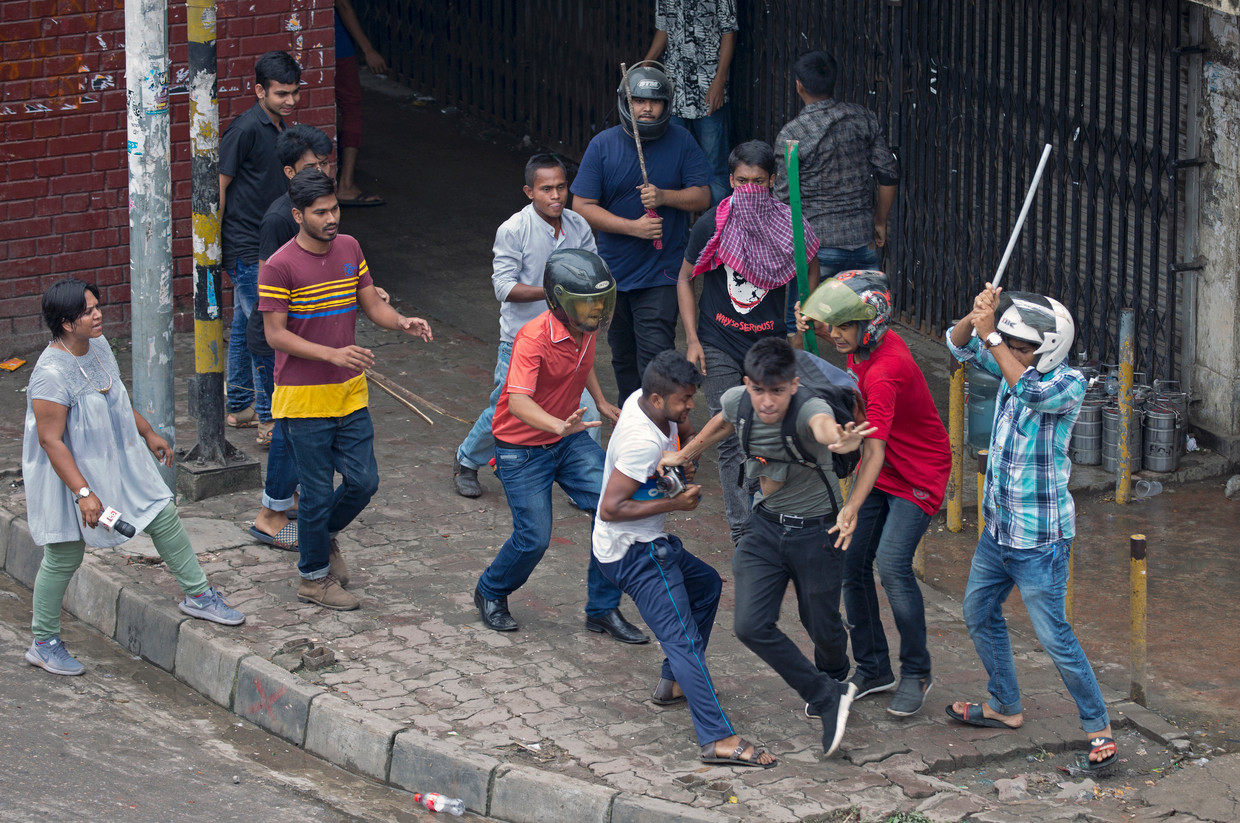

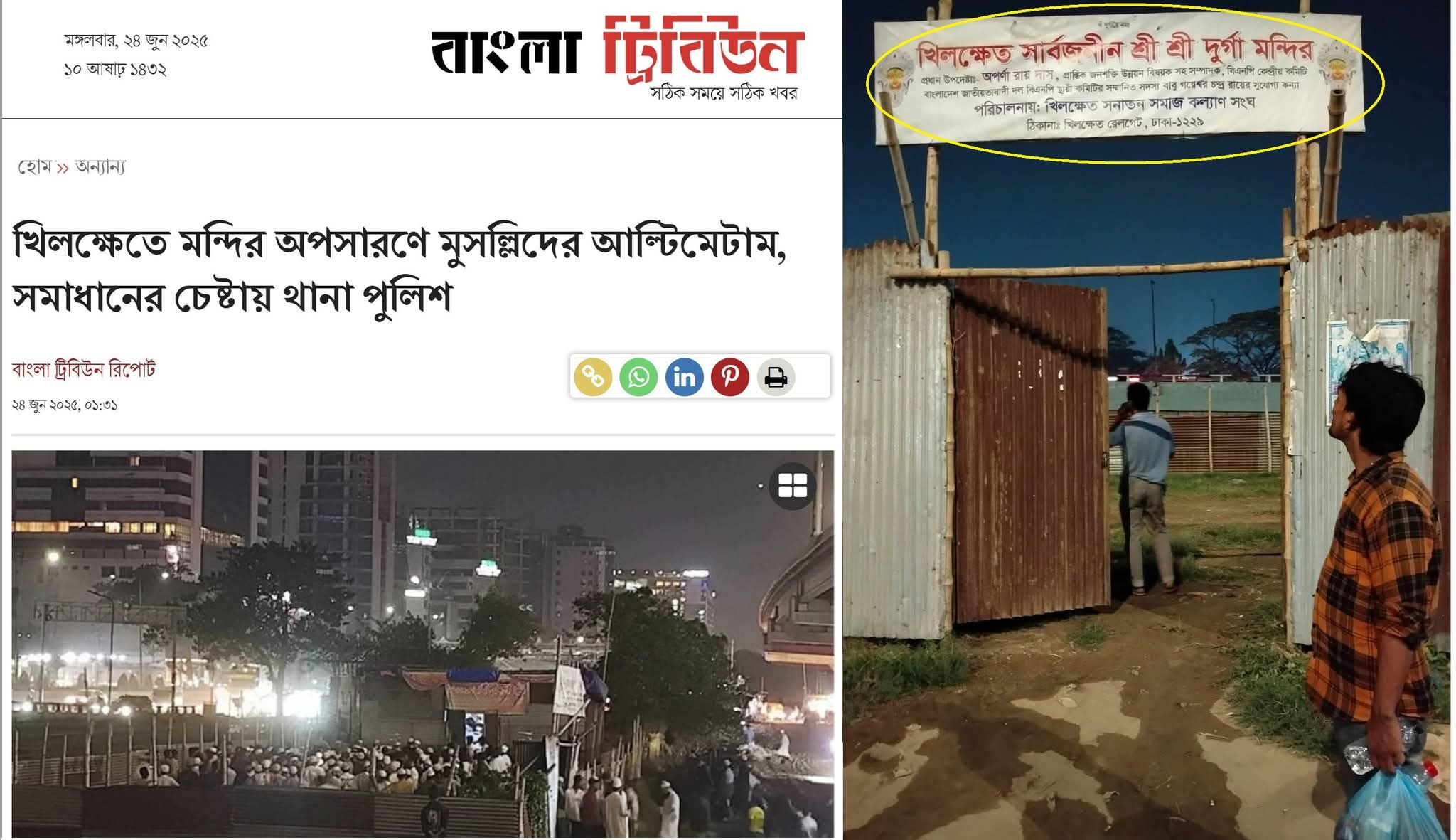
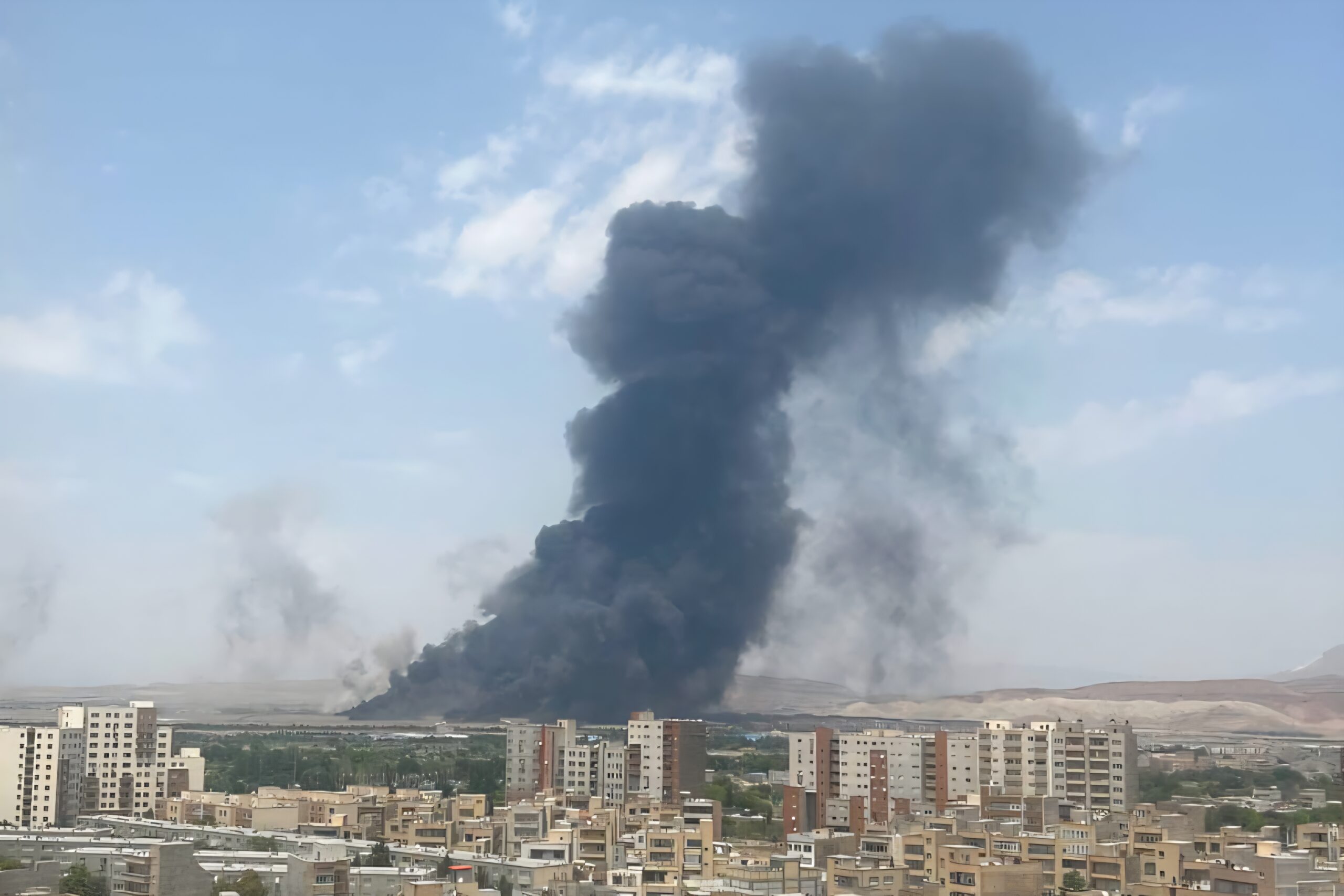
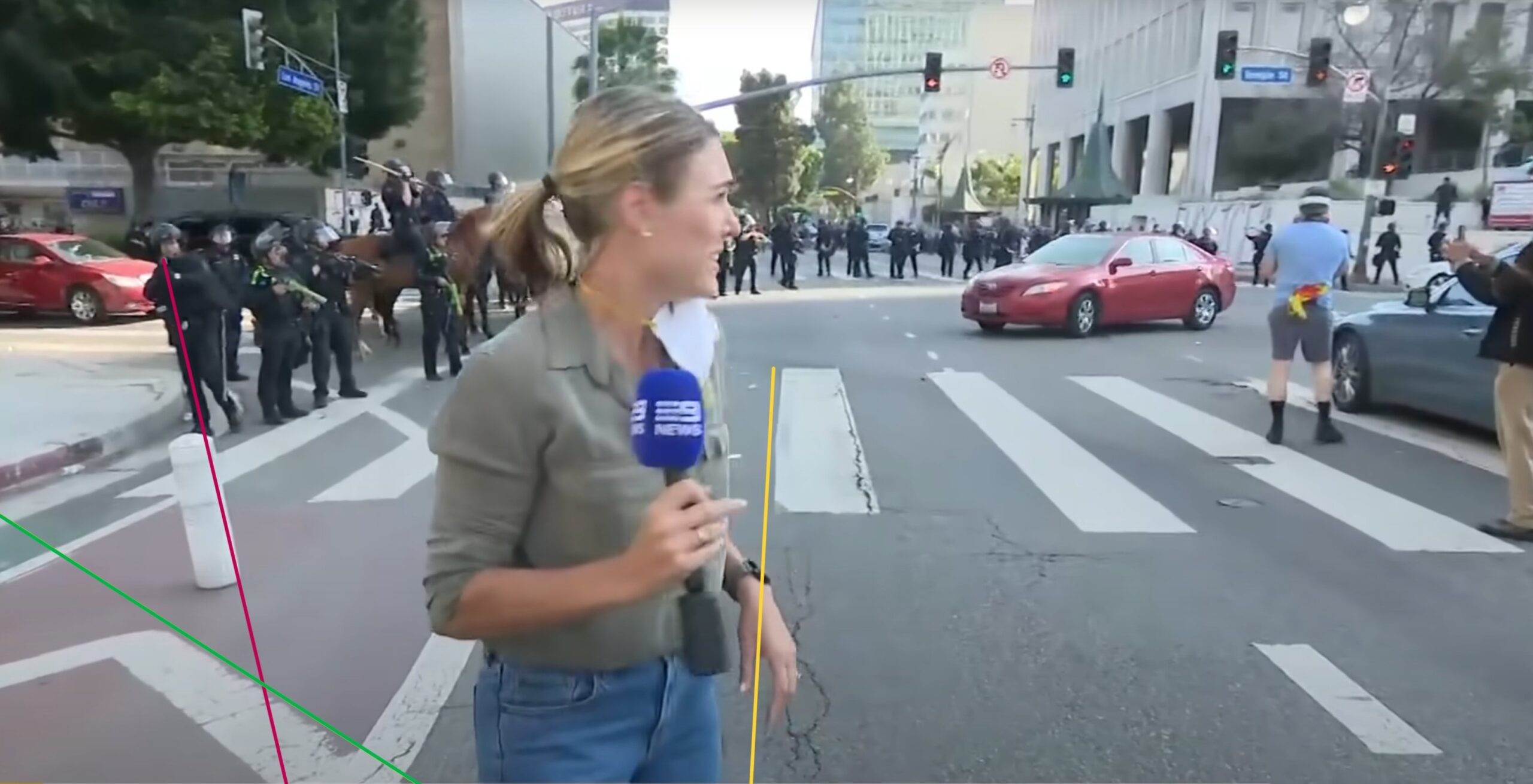
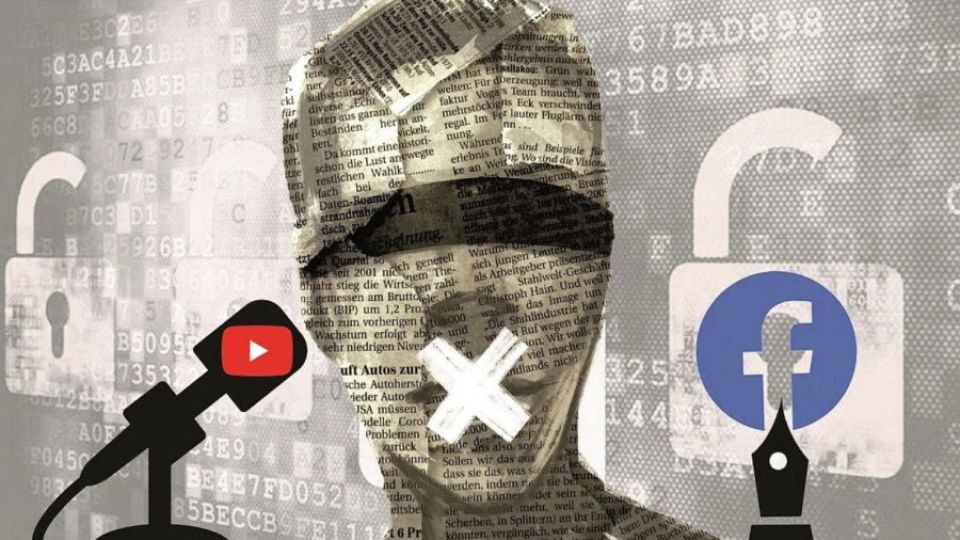
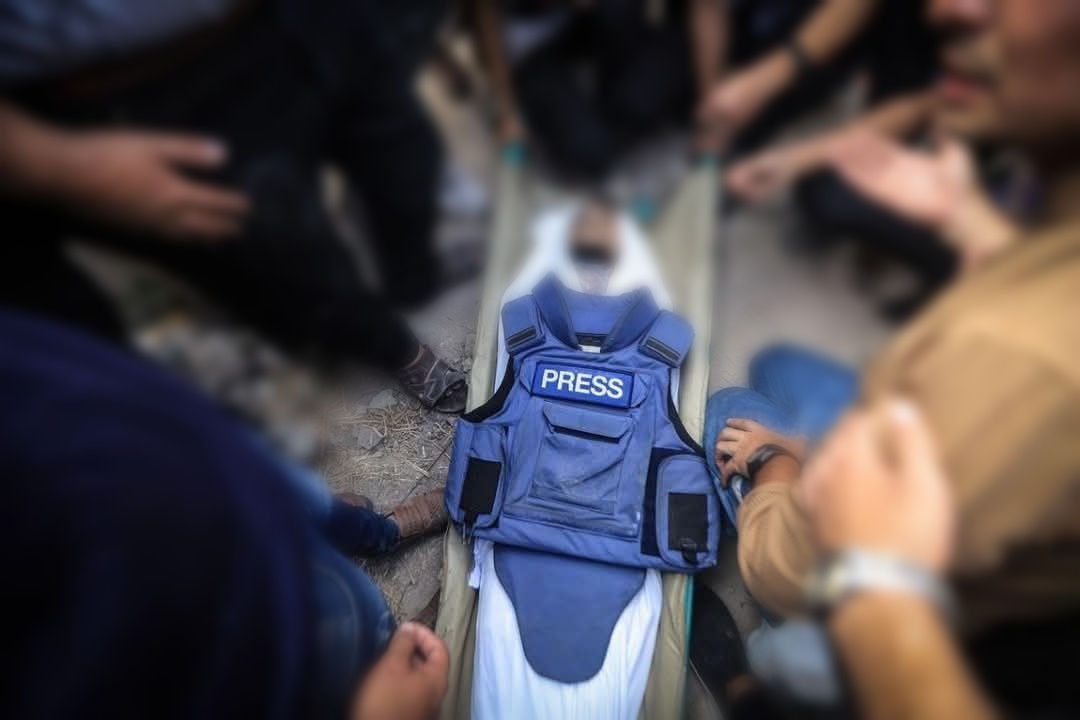
Leave a Reply